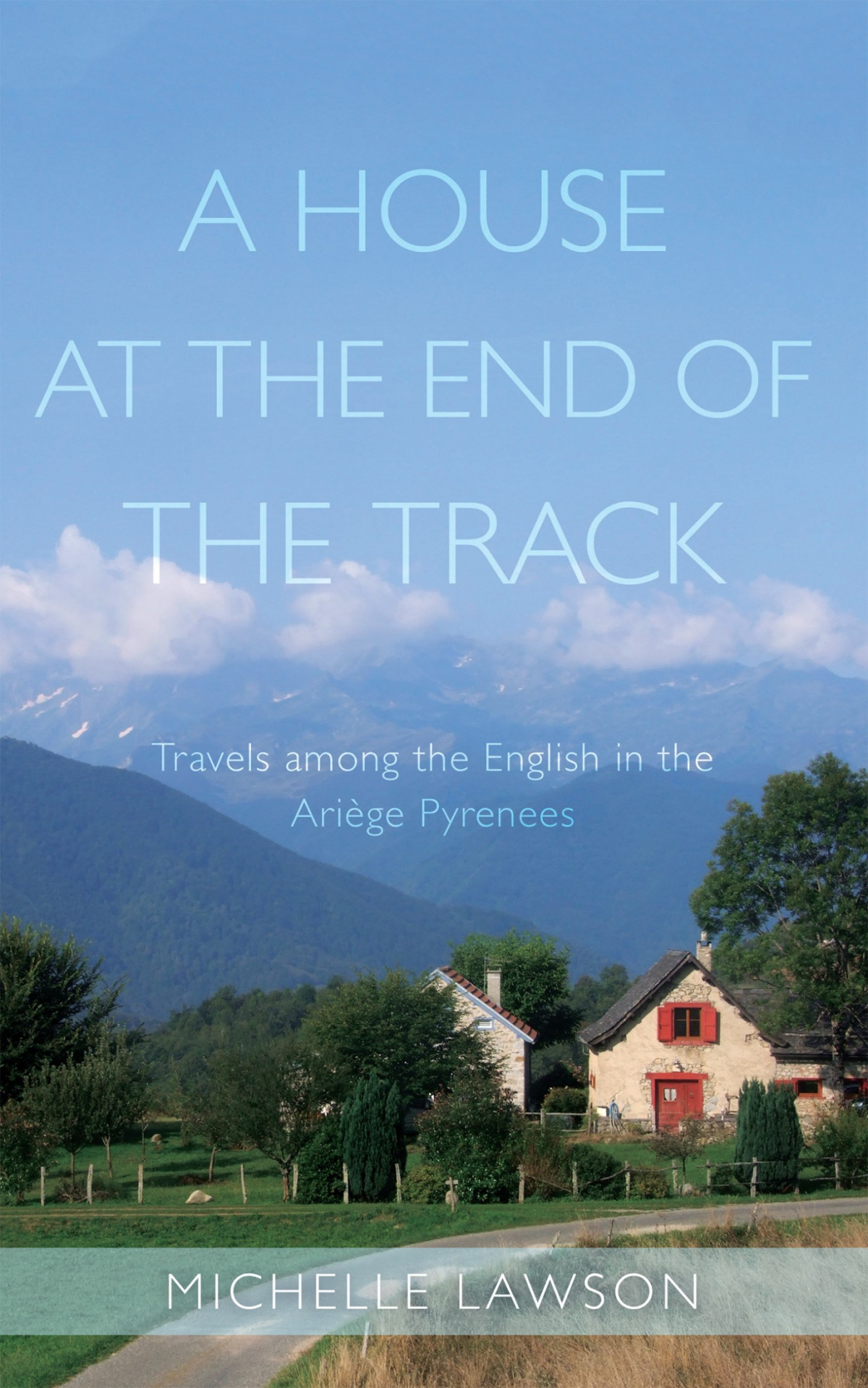

Most ebook files are in PDF format, so you can easily read them using various software such as Foxit Reader or directly on the Google Chrome browser.
Some ebook files are released by publishers in other formats such as .awz, .mobi, .epub, .fb2, etc. You may need to install specific software to read these formats on mobile/PC, such as Calibre.
Please read the tutorial at this link: https://ebookbell.com/faq
We offer FREE conversion to the popular formats you request; however, this may take some time. Therefore, right after payment, please email us, and we will try to provide the service as quickly as possible.
For some exceptional file formats or broken links (if any), please refrain from opening any disputes. Instead, email us first, and we will try to assist within a maximum of 6 hours.
EbookBell Team

0.0
0 reviewsAn exploration of the English community in a remote corner of France.
A book which looks beyond the stereotype of the English living abroad.
No other travel narratives have focused on the Ariège Pyrenees region of France.
Intrigued by the endless accounts of English incomers ‘living the dream’ in France, Michelle Lawson set out to find out what it’s all about beneath that romantic veneer. Travelling around the Ariège Pyrenees she captured stories and observed the online interactions of a scattered English community, as well as frank conversations with new arrivals, old-timers and those packing up to return to England. We hear stories of meticulous preparation as well as buying on a whim, and from those who describe themselves as village celebrities, along with couples living in social isolation.
The book is a long way from the usual ‘we moved to France’ accounts. Instead it casts aside the romantic lens as the author travels among English settlers to hear their reasons for ending up in this remote corner of France. Readers will feel a mix of admiration, envy and sympathy, and perhaps even irritation with the incomers, as they sometimes contradict themselves in order to avoid the well-worn stereotype of the English abroad. The book is also a gentle reminder that such stereotypes present an unbalanced picture, and that if incomers do stick to some of their old ways, the reasons why might be understandable.
The author weaves her relationship with the landscape into the stories of the incomers in this wild and depopulated corner of the Pyrenees. Stories open up comment on local issues relating to conservation and re-wilding, as well as the continuing shadow of wartime events, in this much less well known part of France.